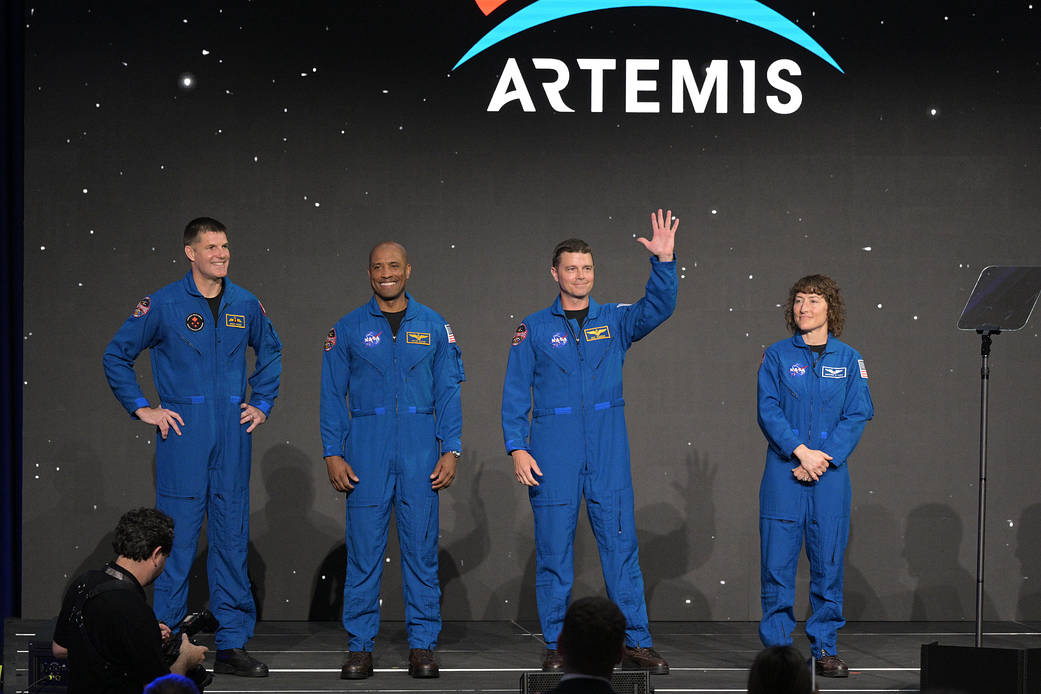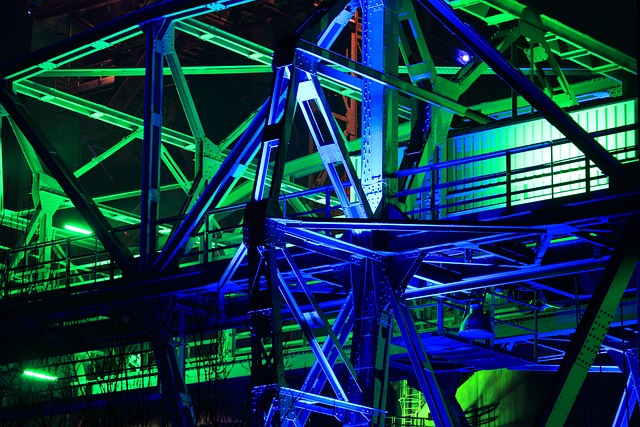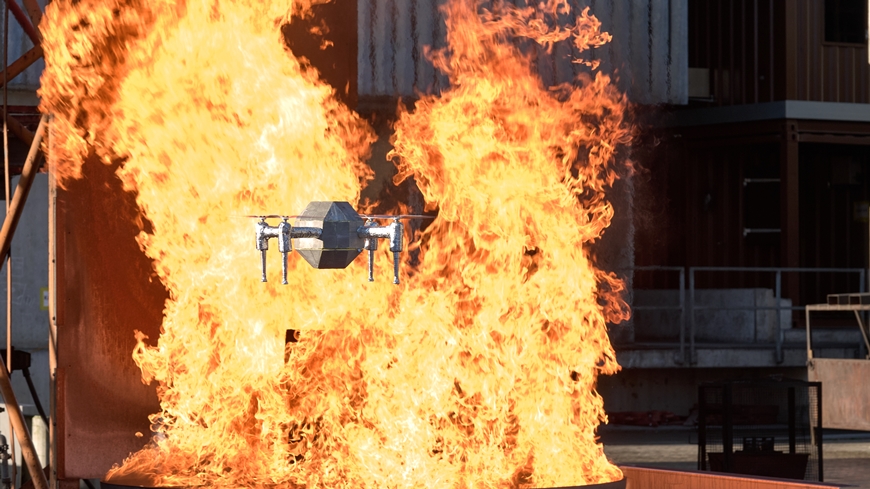We all know plants are natural air purifiers, reducing carbon dioxide and producing oxygen so we can survive. The problem is, we’re producing 6 billion metric tons of CO2 each year, according to the Science Channel, and plants can’t keep up at the rate we’re going.
Klaus Lackner, professor of Geophysics in the Department of Earth and Environmental Engineering at the Lenfest Center for Sustainable Energy at Columbia University, is developing technology to scrub carbon dioxide from air thereby reducing harmful greenhouse gas that is heating up Earth’s atmosphere. “We need ways of getting the carbon dioxide, which is emitted by the combustion of fossil fuels back,” says Lackner.
He is squarely in the camp of those who believe attempts to prevent global temperature increases by reducing emissions are doomed and that temperature increases of 6°C are likely as early as 2100, creating food and water shortages, sea level rises and refugee crises. A method of wringing CO2 out of the air is vital.
Lackner and colleague Allen Wright are designing artificial trees that pull carbon dioxide from the air 1,000 times faster than a real tree by trapping carbon dioxide in giant filters. This technique, called “gas absorption”, collects CO2 like a sponge absorbs water.
Once collected, CO2 can later be converted to a liquid because carbon dioxide, when exposed to humidity, becomes liquid. When this liquid is combined with water and energy, the resulting combination can be used to manufacture synthetic fuels.
Alternatively, excess amounts can be sequestered in underground storage areas. According to Lackner, one synthetic tree can capture 10 tons of CO2 per day. Each tree would cost $24,000 (16,000 pounds).
According to the Institution of Mechanical Engineers, 100,000 artificial trees, two thirds the size of a wind turbine, would remove emissions of every car and bus in the UK. The downside is at a 16,000-pound price tag per tree, that would cost more than a trillion pounds ($2.4 trillion).
[relatedYouTubeVideos relation=”title” max=”1″ class=”horizontal center bg-black” showVideoTitle=”true” showVideoDescription=”true”]






